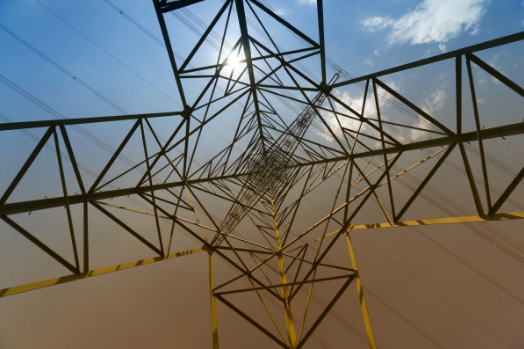Chinese PV manufacturer JinkoSolar has announced its first supply agreement for its new Tiger modules, which were unveiled in mid-October in Australia.
The company said in an online statement that it will provide 300 MW of its 460 Wp nine-busbar, mono PERC half-cut panels for an ultra-high voltage demonstration plant in China’s Qinghai province, without naming the client or disclosing the financial terms of the agreement.
“As a top global module supplier, we are constantly innovating and improving the quality products and I am proud to have the opportunity to demonstrate their effectiveness by installing them for the first time on a ground-mounted utility project,” said JinkoSolar CEO Kangping Chen.
In a statement to pv magazine, the company said the module supply agreement is related to a solar plant that will be connected to one of China’s new ultra-high voltage lines, which State Grid Corp. of China has been building since November. The 800 kV UHV DC power transmission project, which is scheduled for commissioning next year, will transmit renewable electricity from northwestern China, where consumption is limited, to the more developed, densely populated regions of eastern China, where electricity demand is considerably higher.
State Grid has said that the CNY 22.6 billion ($3.2 billion) project will include the construction of two converter stations, with 8 GW of transmission capacity. The line will extend 1,587 km across the provinces of Qinghai, Gansu, Shaanxi and Henan.
“It is also the world’s first UHV project serving PV power generation and the outward transmission of clean energy, as well as an innovative and demonstration project that addresses the bottleneck of massive grid connectivity and utilization of renewable energy, which is set to significantly promote the intensive development of the GW-level renewable energy base in Qinghai and the outward transmission of clean energy,” the grid operator said.
State Grid said the project is promoting innovation in UHV technology to facilitate the long-distance transmission of renewable energy. It also said that it will help to determine best practices, while pushing the development of grid technologies forward.
China began to develop long-distance, ultra-high voltage (AC and DC) electricity transmission lines in 2009.






